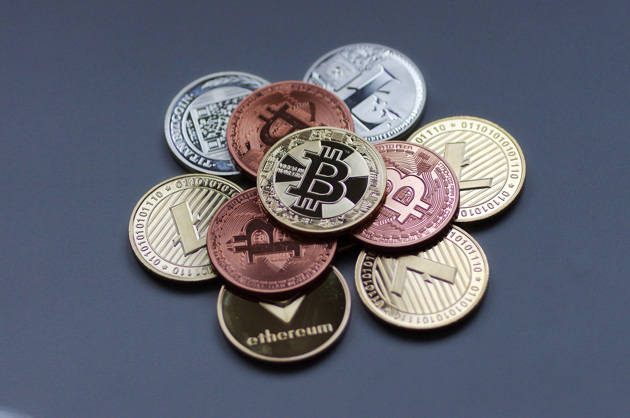Digital currency, or cryptocurrency/virtual currency, is a digital currency that uses cryptography to protect transactions and control currency issuance. It relies on distributed ledger technology, such as blockchain, to spread transaction records across multiple computers rather than centrally managing them. This decentralization, anonymity, security, globality, and limited supply make it completely different from traditional currencies.

1. What is digital currency?
Digital currency, also known as cryptocurrency or virtual currency, is a digital or virtual currency that uses cryptography to protect and verify transactions, and to control currency creation and unit transfers. It is powered by distributed ledger technology such as blockchain, which allows transaction records to be shared across multiple computer systems rather than managed by a central authority.
2. Characteristics of digital currency:
-
Decentralization: Digital currency is not controlled by any central organization, and transactions are direct between users.
-
Anonymity: Many digital currencies offer anonymous transactions where users can hide their identity.
-
Security: Due to blockchain technology, digital currency transactions are highly encrypted and cannot be easily forged or tampered with.
-
Global: Digital currencies are not restricted by geography and can be traded anywhere there is an Internet connection.
-
Limited Supply: Many digital currencies have a fixed or limited supply, which helps maintain their scarcity and value.
3. The future development trend of digital currency:
-
Regulation: Governments of various countries are exploring the regulation of the digital currency industry. Regulation to address issues such as money laundering and terrorist financing.
-
Institutional Adoption: More and more institutional investors are exploring digital currencies, which may lead to an increase in their legitimacy and credibility.
-
Decentralized Finance (DeFi): DeFi applications leverage blockchain technology to provide financial services such as loans, borrowings and decentralized exchanges, which may further promote the adoption of digital currencies. use.
-
Central Bank Digital Currency (CBDC): Some central banks are exploring issuing their own digital currencies, which could increase the stability and accessibility of digital currencies.
-
New technologies: The development of quantum computing and other new technologies may have a significant impact on digital currencies, bringing new opportunities and challenges.
The above is the detailed content of What is digital currency? Let you understand the characteristics and future development trends of digital currency in one minute. For more information, please follow other related articles on the PHP Chinese website!





